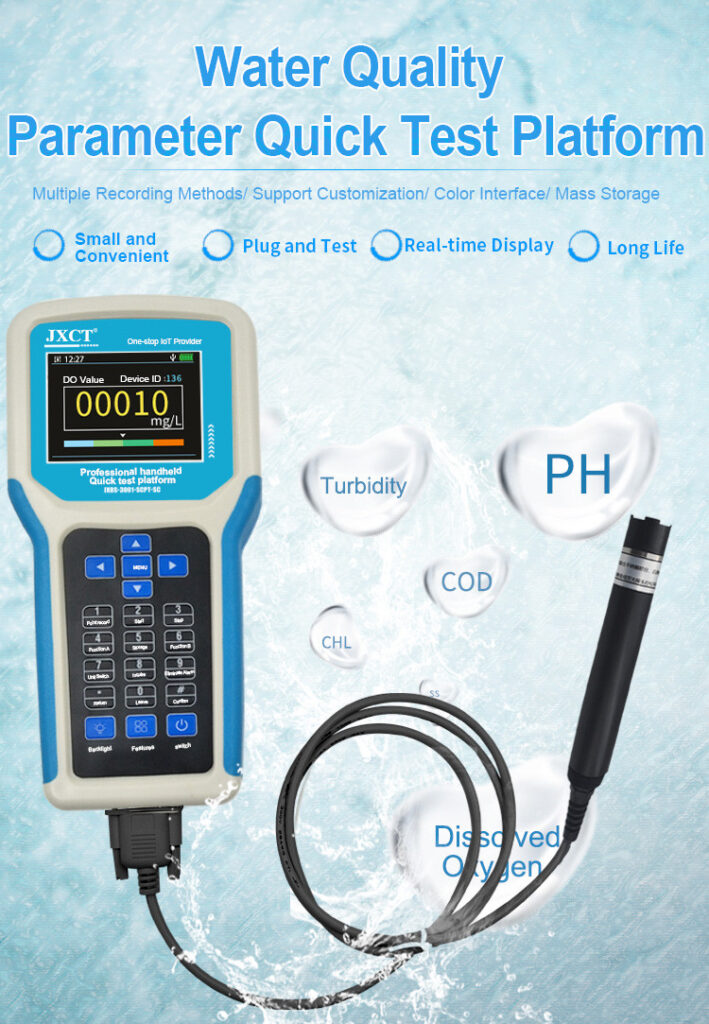Smart water monitoring is a cutting-edge technology that uses sensors and communication devices to collect and analyze water usage data, allowing for more efficient and cost-effective water management. With the world facing increasingly urgent water scarcity issues and the need to conserve this precious resource, smart water monitor is playing a crucial role in addressing these challenges. In this article, we will explore the advances in smart water monitor technology, its benefits, and examples of its application.

Advances in Smart Water Monitoring
Over the past decade, there have been significant advances in smart water monitoring technology, driven by the rapid development of sensor technology, communication systems, and data analysis tools. These advances have enabled more accurate and real-time measurement of water usage, identification of potential leaks, prediction of future water demand, and optimization of water supply systems.
Benefits of Smart Water Monitoring
Smart water monitor offers a range of benefits, including:
Resource Conservation: By providing real-time data on water usage, water monitoring allows for identification of leaks, allowing for timely repair and conservation of water resources.
Cost Savings: Smart water monitor helps identify areas of excessive water usage, allowing for targeted interventions that reduce water and energy costs.
Environmental Protection: By reducing water waste and improving water management, smart water monitoring has a positive impact on the environment, protecting freshwater sources and reducing greenhouse gas emissions.
Improved Decision-Making: Access to real-time water usage data allows for better-informed decision-making, enabling water utilities to meet future demand more effectively.
Applications of Smart Water Monitoring

Smart water monitor has a wide range of applications, including:
Home Water management: Smart water meters can monitor household water usage and identify potential leaks, helping homeowners save money and conserve water.
Urban Water Management: Smart water monitor can be used to monitor water supply networks and identify areas of excessive water usage, enabling cities to optimize water resources and improve service quality.
Agricultural Water Management: Smart water monitor technology can be used to monitor irrigation systems and ensure efficient water use in agricultural operations, helping to conserve water resources and increase crop production.
Industrial Water Management: Smart water monitoring systems can be used to monitor water usage in industrial processes, identifying areas for water conservation and reducing operating costs.
Conclusion
Smart water monitor is playing a crucial role in addressing the challenges of water scarcity and promoting resource conservation. With the advances in sensor technology, communication systems, and data analysis tools, smart water monitoring has become more accurate, real-time, and cost-effective. Its applications in home, urban, agricultural, and industrial water management have the potential to save resources, money, and protect the environment. It is therefore expected that smart water monitor will continue to play a key role in meeting the water management challenges of the future.